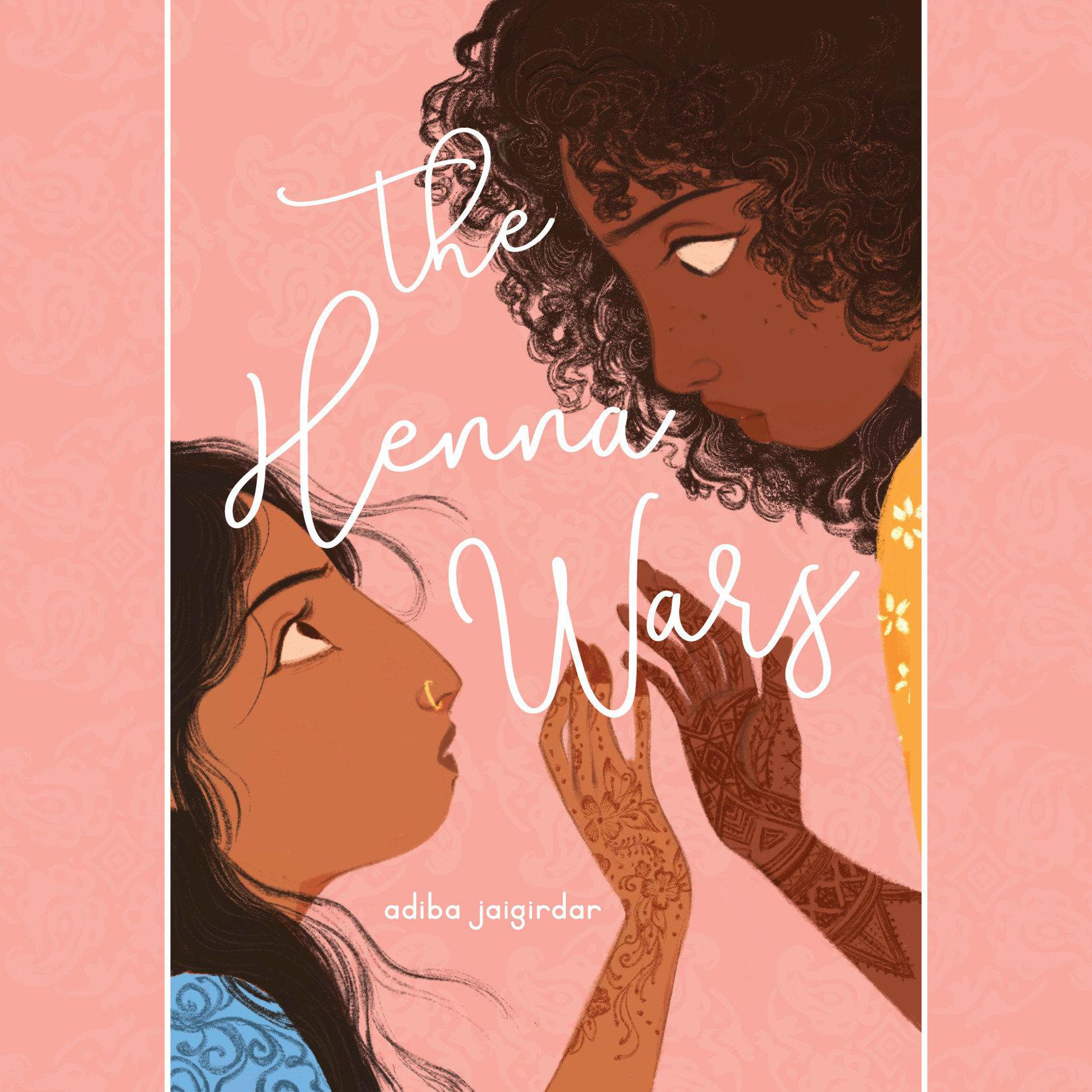
Jaigirdar is showing Bangladeshis can be main characters and more specifically, Bangladeshi queers. An audience, who like me, believed South Asian stories could be told only through an Indian lens. Just through setting this novel specifically in Bangladeshi culture, Jaigirdar has reached out to a completely new audience. My experience as a South Asian-American reader was redefined through this simple, but impactful inclusion.

When I first read the familiar Bangla words, tears immediately sprung to my eyes because I had grown so accustomed to reading variations of popular languages in India such as Hindi or Gujarati. The Henna Wars is one of few novels that specifically focuses on Bangladeshi culture and queer identity. When these cultural and sexual norms are deeply rooted, it is not a surprise South Asian descent romance authors stick to what is comfortable and familiar. Writing a queer book or queer characters is still partly received as a “different” story. Heterosexuality serves as a norm not only in South Asia, but in a western sphere as well. South Asia typically gets watered down to just India and then even further to Hindu culture and languages.

Many South Asian romances written in English tend to be focused on Indian and Hindu culture and heterosexual relationships due to these being predominant cultural norms. This concept alone is a monumental move in representation for South Asians.

The story is written in the perspective of Nishat, a Bangladeshi-Irish teen who recently came out to her Muslim parents as lesbian.


 0 kommentar(er)
0 kommentar(er)
